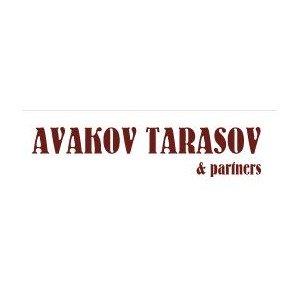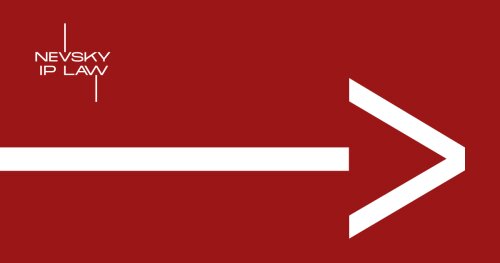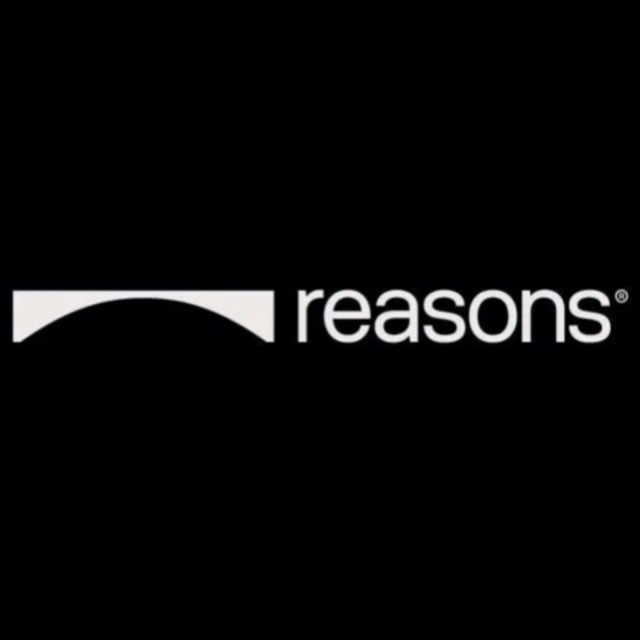Best Data Center & Digital Infrastructure Lawyers in Moscow
Share your needs with us, get contacted by law firms.
Free. Takes 2 min.
List of the best lawyers in Moscow, Russia
About Data Center & Digital Infrastructure Law in Moscow, Russia
Data Center & Digital Infrastructure law in Moscow, Russia, covers the regulatory environment, compliance requirements, and operational considerations for businesses operating data centers and digital facilities in the region. As Moscow advances as a technological hub, the legal framework governing digital infrastructure has become increasingly complex. Regulations cover issues such as data localization, cybersecurity, licensing, land use, zoning, contracts, and cross-border data flows. Organizations must navigate not only federal laws of the Russian Federation but also specific local ordinances and industry standards when establishing or managing data centers. Whether for domestic use or international connectivity, ensuring legal compliance is a cornerstone for successful operation in this dynamic field.
Why You May Need a Lawyer
Legal counsel is often critical when dealing with data center and digital infrastructure matters in Moscow. Here are some common situations where you may need a lawyer:
- Setting up a new data center, which requires navigating zoning, construction, environmental, and energy regulations.
- Drafting and negotiating facility leases or service agreements with telecommunication and utility providers.
- Ensuring compliance with data localization requirements and cybersecurity regulations.
- Acquiring or selling data center assets, including due diligence on legal, technical, and financial standpoints.
- Managing liability and insurance issues connected to uptime, outages, or breaches.
- Handling government inspections, regulatory audits, or responses to requests from law enforcement agencies.
- Resolving contractual disputes and litigating in case of service interruptions or data loss claims.
- Advising on employment and labor law elements for operating 24-7 facilities.
- Protecting intellectual property and trade secrets associated with digital infrastructure technologies.
Local Laws Overview
The legal landscape for data centers and digital infrastructure in Moscow is shaped by several layers of regulation:
- Data Localization Laws: Russian law requires certain types of personal data on Russian citizens to be stored and processed within Russia. Operators must comply with these rules or risk substantial penalties.
- Federal Law on Personal Data: The Federal Law No. 152-FZ obliges data operators to implement specific security measures, register databases, and notify authorities if handling personal data.
- Information Security Requirements: Technical and organizational measures specified by Russian authorities, including the Federal Service for Technical and Export Control (FSTEC) and the Federal Security Service (FSB), play a major role.
- Licensing and Certification: Operators may require various licenses and certifications, particularly if dealing with critical information infrastructure or providing telecom services.
- Construction and Land Use: Building and operating data centers often require compliance with urban planning regulations, environmental laws, and emergency standards.
- Energy Usage Regulations: Due to high energy consumption rates, operators must adhere to standards for power supply and backup arrangements.
- Cross-Border Data Considerations: Strict controls exist over what data can be transferred out of Russia and under what conditions.
Frequently Asked Questions
What is data localization and how does it affect data centers in Moscow?
Data localization refers to Russia's requirement that personal data of Russian citizens be stored and processed within the country's borders. Data centers in Moscow must ensure that their infrastructure and operations comply with these laws.
Are there specific licenses required to operate a data center in Moscow?
Yes, depending on the scope of activities, operators may need licenses for telecommunications, information security, and possibly for working with critical infrastructure. Application requirements vary based on the services provided.
What are the information security requirements for data centers?
Data centers must implement technical and organizational measures to protect data, often following FSTEC and FSB guidelines. This includes access control, incident response, and continuous monitoring.
How are cross-border data transfers regulated?
Cross-border transfers of personal data are heavily regulated. Generally, operators must obtain consent from data subjects and ensure the destination country provides adequate data protection, or take other prescribed legal precautions.
What kinds of contracts are commonly used in the data center industry?
Typical contracts include colocation agreements, service level agreements (SLAs), leases, construction contracts, licensing contracts, and outsourcing agreements. Each should be reviewed for compliance with Russian legislation.
How does Moscow's urban planning affect data center projects?
Data center construction is subject to zoning laws, construction permits, and utility arrangements. Legal support is necessary to navigate land use restrictions and ensure compliance with environmental standards.
Are there tax incentives for investing in digital infrastructure in Moscow?
Certain federal and regional programs offer tax relief or incentives for IT and digital infrastructure investments. Eligibility depends on the nature of the project and compliance with local regulations.
How can I ensure compliance with all cybersecurity requirements?
Operators must follow both federal and local cybersecurity standards, which include technical tools, staff training, policies, and regular audits. Engaging qualified legal and IT professionals is essential.
What penalties exist for non-compliance with data protection laws?
Penalties may include administrative fines, suspension of operations, loss of licenses, and potential criminal liability depending on the nature and severity of the violation.
Can foreign companies operate data centers in Moscow?
Foreign companies can operate in Moscow but must comply with all Russian legal requirements, including restrictions on foreign investment in certain sensitive sectors and mandatory data localization for certain data categories.
Additional Resources
If you are seeking more information or direct assistance, consider the following resources:
- Federal Service for Supervision of Communications, Information Technology and Mass Media (Roskomnadzor) - Oversees data protection and information compliance.
- Federal Service for Technical and Export Control (FSTEC) - Regulates information security and certification.
- Moscow Department of Information Technologies - Supports digital infrastructure projects and local compliance.
- Russian Association of Data Centers (RADC) - Industry organization that provides guidance and best practices.
- Professional legal associations and chambers of commerce specializing in IT and infrastructure law.
Next Steps
If you need legal assistance with data center and digital infrastructure matters in Moscow, start by:
- Identifying the scope of your planned activities - such as construction, operation, or service provision.
- Consulting with a lawyer experienced in Russian IT, telecom, and construction law to review your compliance requirements.
- Requesting an initial risk assessment or compliance audit for your project.
- Gathering relevant documentation, such as project plans, operational procedures, and existing contracts.
- Monitoring official government portals for regulatory updates or changes to the legal framework.
- Contacting local authorities or consulting organizations for clarification or permits if required.
Legal compliance is a constantly evolving aspect of operating in the digital infrastructure sector. Timely advice and professional guidance can help you avoid costly mistakes and ensure your project adheres to all applicable laws in Moscow, Russia.
Lawzana helps you find the best lawyers and law firms in Moscow through a curated and pre-screened list of qualified legal professionals. Our platform offers rankings and detailed profiles of attorneys and law firms, allowing you to compare based on practice areas, including Data Center & Digital Infrastructure, experience, and client feedback.
Each profile includes a description of the firm's areas of practice, client reviews, team members and partners, year of establishment, spoken languages, office locations, contact information, social media presence, and any published articles or resources. Most firms on our platform speak English and are experienced in both local and international legal matters.
Get a quote from top-rated law firms in Moscow, Russia — quickly, securely, and without unnecessary hassle.
Disclaimer:
The information provided on this page is for general informational purposes only and does not constitute legal advice. While we strive to ensure the accuracy and relevance of the content, legal information may change over time, and interpretations of the law can vary. You should always consult with a qualified legal professional for advice specific to your situation.
We disclaim all liability for actions taken or not taken based on the content of this page. If you believe any information is incorrect or outdated, please contact us, and we will review and update it where appropriate.














